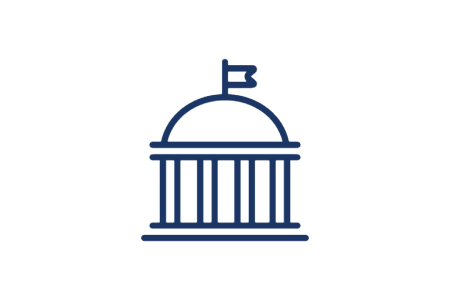
Human rights and social justice must form the legal and normative foundations upon which the internet operates and is governed. This should happen in a transparent and multilateral manner, based on principles of openness, inclusive participation and accountability.
What does this look like in a democracy?
The stakeholders involved in internet governance must represent a cross-sector of organizations, such as governments, civil society groups, private sector representatives, academia, and the media in order to truly be democratic and pluralistic. Diversity is essential to internet governance that is inclusive and representative.
warning signs of an undemocratic internet:
- Internet governance bodies include only government and government-appointed representatives.
- Internet governance conferences and forums either directly or indirectly exclude participation from Global South representatives.
- Only multinational technology and telecommunication companies are present, excluding other large portions of the private sector, such as entrepreneurs or small business associations.
selected sources from international frameworks:
- WSIS Declaration of Principles, 12 December 2003, Article 20: “Governments, as well as private sector, civil society and the United Nations and other international organizations have an important role and responsibility in the development of the Information Society and, as appropriate, in decision-making processes. Building a people-centred Information Society is a joint effort which requires cooperation and partnership among all stakeholders.”
- OECD Council Recommendation on Principles for Internet Policy Making, 13 December 2011